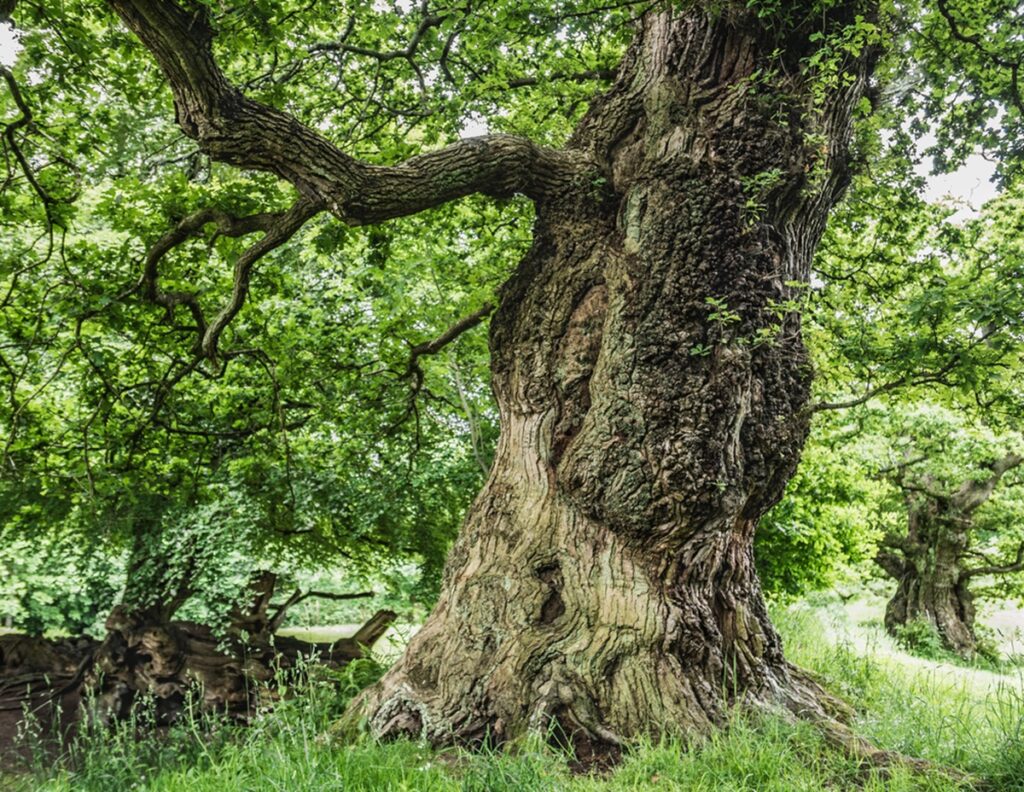BNG Surveys: Pre-Development Planning
The introduction of biodiversity net gain (BNG) into UK law through the Environment Act, which attained royal assent in 2021, has changed how development projects in Newcastle upon Tyne are approached. The principle is to ensure that biodiversity is in a measurably better state post-development than it was before work began. For most applications for planning permission in Newcastle, biodiversity net gain is now a mandatory requirement alongside other planning policies.
This means developers must work with qualified ecological consultants to calculate the biodiversity value of a site before and after development. If there is a shortfall, measures must be taken to achieve at least a 10% net gain in biodiversity. This can be achieved through on-site habitat enhancements, off-site biodiversity units, or a combination of both, but all measures must be clearly evidenced and approved by the local planning authority before planning permission can be granted.
Since February 2024, meeting biodiversity net gain requirements has been a legal obligation rather than just a policy preference. Alongside the Environment Act, BNG is embedded in the National Planning Policy Framework (NPPF) and supported by Natural England guidance, Local Nature Recovery Strategies, and regional ecological priorities. Developers in Newcastle in the north east should integrate BNG into their projects from the earliest stages to comply with mandatory biodiversity net gain legislation and avoid costly redesigns later.

Ecological Features in Newcastle
Newcastle is a dynamic city that blends urban development with areas of valuable natural environment including the River Tyne corridor, Jesmond Dene, Town Moor, and surrounding woodlands that are home to protected species such as bats, otters, badgers, kingfishers, and great crested newts. The presence of these species means that any biodiversity net gain plan in Newcastle must take into account existing habitats and ensure that development does not compromise wildlife populations or ecological connectivity.
The region benefits from active environmental initiatives run by Newcastle City Council, local wildlife trusts, and North East nature partnerships, which aim to restore habitats, create green infrastructure, and link wildlife corridors. This proactive conservation culture means that biodiversity net gain proposals are likely to be carefully reviewed to ensure they deliver measurable, lasting improvements.
Preparing a BNG Assessment in Newcastle
Before submitting a planning application, the first step is to commission a BNG assessment from a qualified ecologist. The process begins with a baseline biodiversity survey, recording current habitats, assessing their condition, and mapping the site’s ecological value using the government’s Biodiversity Metric. Protected species surveys may also be required, depending on the site’s characteristics.
Once the baseline is established, the ecologist forecasts the biodiversity value post-development, factoring in proposed landscaping, habitat creation, and management plans. If this projection falls short of the 10% net gain target, the ecologist will recommend additional habitat improvements to deliver bng and bridge the gap, enabling a planning application to proceed.

On-Site and Off-Site Biodiversity Net Gain
In most cases, biodiversity net gain in Newcastle is delivered on-site. This could involve creating species-rich grasslands, planting native trees, restoring wetlands, or adding green infrastructure such as living roofs or wildlife-friendly sustainable drainage systems (SuDS).
If delivering the full net gain on-site is not possible, developers can purchase biodiversity units off-site from registered habitat banks. These represent measurable habitat improvements in other locations, ideally within the Newcastle local authority area or elsewhere in the North East, ensuring local ecological benefits are retained. We can advise on the conservation covenants that are required with off-site BNG units. As a last resort option, statutory biodiversity credits may be purchased.
Protected Species Surveys
Many development sites in Newcastle will require additional ecological assessments to comply with planning requirements. Protected species surveys for bats, badgers, otters, reptiles, or great crested newts often run alongside the BNG process. Incorporating these surveys early ensures that the BNG plan is fully aligned with legal protections and the mitigation hierarchy: avoid, minimise, and then compensate for habitat and biodiversity loss.

The Biodiversity Net Gain Plan
A biodiversity net gain plan sets out, in detail, how a development will achieve its 10% net gain target. This includes habitat creation and enhancement measures, land management and monitoring schedules, and evidence that improvements will be maintained for at least 30 years – the statutory requirement.
Newcastle’s approach is to require these plans to align with the city’s Local Nature Recovery Strategy and other local ecological policies. Following the mitigation hierarchy is essential, and the plan must clearly demonstrate how biodiversity and habitat types will be protected, restored, and enhanced throughout the project’s life cycle.
Professional Support for BNG in Newcastle
Our ecology consultancy provides BNG assessments in Newcastle and across the UK. We manage the entire process, from the initial site survey and Biodiversity Metric calculations to habitat creation advice and long-term land management strategies. Our team works closely with developers, architects, and planning consultants to ensure that biodiversity net gain is seamlessly integrated into project design and we work on major developments, new developments and smaller scale schemes.
Where off-site delivery is required, we guide clients through sourcing biodiversity units, meeting legal obligations, and ensuring that reporting meets the requirements of Newcastle City Council’s planning system. We have in-depth knowledge of the North East’s ecological priorities and habitat networks, ensuring that our BNG plans are both compliant and locally relevant.
Request a Free Quote for Biodiversity Net Gain Newcastle
If your planning application in Newcastle requires a biodiversity net gain assessment, we can provide a free quote tailored to your site and bng requirements. From small residential developments to large infrastructure projects, our experienced ecologists deliver BNG plans that satisfy local authority requirements and support smooth planning approvals.
For more information, contact us today to discuss your biodiversity net gain requirements for Newcastle as the first step. We will arrange a site visit at a convenient time and prepare a clear, compliant plan to help your development through the planning process. By complying fully with legislation in the Environment Act 2021 you will maximise your chances of achieving both planning permission and long-term ecological success.